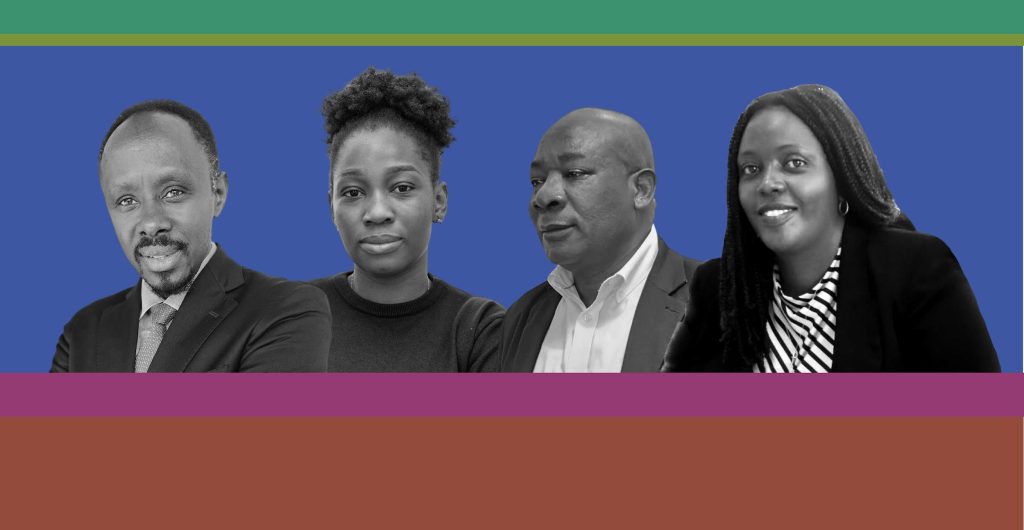

A shift is occurring world broad, sparked by a movement that’s calling for justice for all — not solely for the choose few. however even with rising recognition that people-centered justice is essential to advancing the 2030 Agenda for Sustainable development, there’s nonetheless an limitless hole: funding. consultants and advocates main the cost in Africa spoke to Dynahlee Padilla-Vasquez about why financing people-centered justice should be urgently prioritized domestically and globally.
as a end result of the movement for people-centered justice continues to discover momentum internationally, its future and influence hinge on how governments, donors, and civil society reply the choice for funding — inside the relevant quantity, by the relevant people, and for the relevant people.
Kelechi Achinonu from Nigeria, Andrews Kananga of Rwanda, Clifford Msiska from Malawi, and Christina Kamili Ruhinda of Tanzania, are all an ingredient of a community that has dedicated to growing entry to justice, and by extension, vitality for all people.
they’re attorneys, leaders, and advocates of their communities who’re taking their message to the worldwide stage, championing a holistic strategy to justice supply — one which meets people precisely the place they’re.
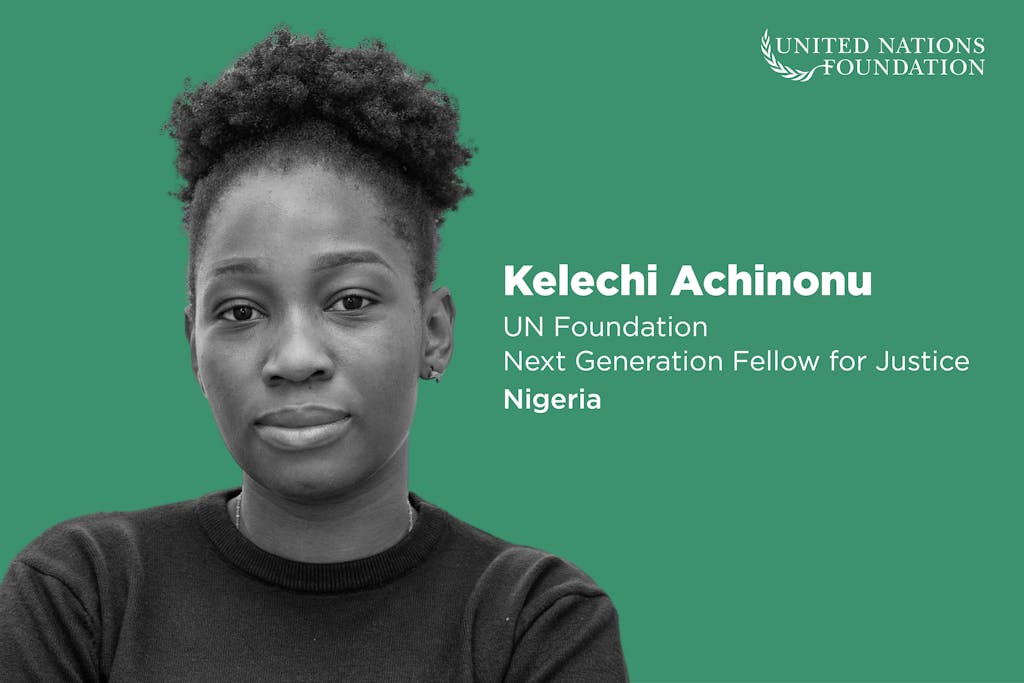
Why do you suppose the movement for people-centered justice is gaining momentum?
Kelechi Achinonu | UN basis subsequent period Fellow for Justice | Nigeria
i really feel it’s gaining momentum proper now as a end result of individuals are uninterested in saying the identical factor repeatedly and as quickly as extra, and by no means seeing outcomes. We’re now attending to the aim the place the give consideration to entry to justice has moved from infrastructure, or the courts, to placing people on the center.
Andrews Kananga | authorized assist discussion board (LAF) | Rwanda
we have now excluded for a terribly prolonged timeframe people who discover themselves speculated to be the beneficiaries of authorized providers. So, the movement is gaining momentum merely as a end result of we have now realized that if we’re to attain the SDGs [Sustainable Development Goals], people ought to be on the center of the providers that we current. however i really feel the paradigm shift now should be about bringing justice nearer to the people. For too prolonged, justice has been for the few, for a lot of who can afford it, for attorneys, for judges, and prosecutors.
Clifford Msiska | African center of Excellence for entry to Justice (ACE-AJ) | Malawi
I truly ought to emphasize the exact indisputable fact that in Africa, most of our individuals are in rural areas. sadly, you can’t discover formal authorized codes in these rural areas. The question is, how do these people meet their justice wants? A poor particular person can not even afford to hire a lawyer to signify them in court docket. in any other case you uncover that if you happen to get hold of your self in a right court docket, the language of the court docket is English. primarily, what I’m making an try to say is: the formal justice system can be pretty scary.
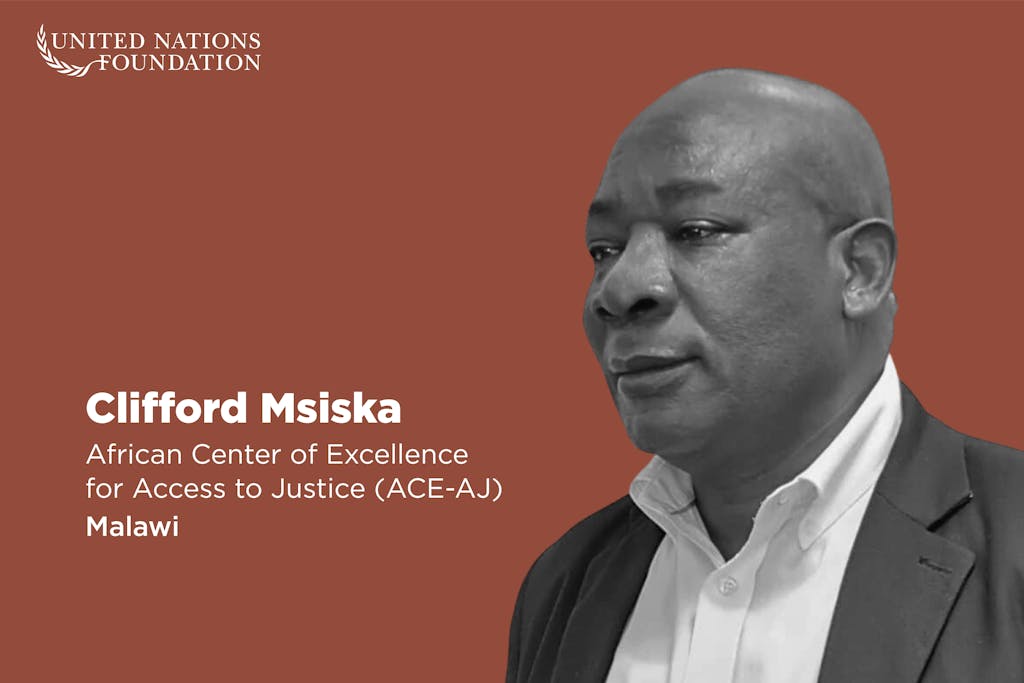
what’s the case for financing justice?
Christina Kamili Ruhinda | community of authorized assist suppliers (TANLAP) | Tanzania
For us, the case could be placing justice on the center of all the pieces. Even in training, we want justice. In well being, we want justice. And to me, justice is giving people vitality. If we have now to see development in our international areas, there may even be not a methodology we’re in a place to isolate justice from all the pieces. Justice is all the pieces to me.
Andrews Kananga | authorized assist discussion board (LAF) | Rwanda
If we don’t put money into justice, it’s very laborious to attain development. We come from a continent that is at risk of battle. And the place we have now battle, we lack peace. If we don’t have sustainable peace, we don’t have sustainable development. So, whether or not you want it or not, funding in justice is a precondition for development.
Kelechi Achinonu | UN basis subsequent period Fellow for Justice | Nigeria
Justice is on the core of every completely different sector, so I think about that in circumstances the place leaders cease seeing justice as a sector that stands alone, however as a part that helps completely different sectors thrive, then there may probably be a case for justice. and actually associated to it has been acknowledged, we’re in a place to’t go to highschool if there may even be battle. If there’s battle in my nation, nobody goes wherever.
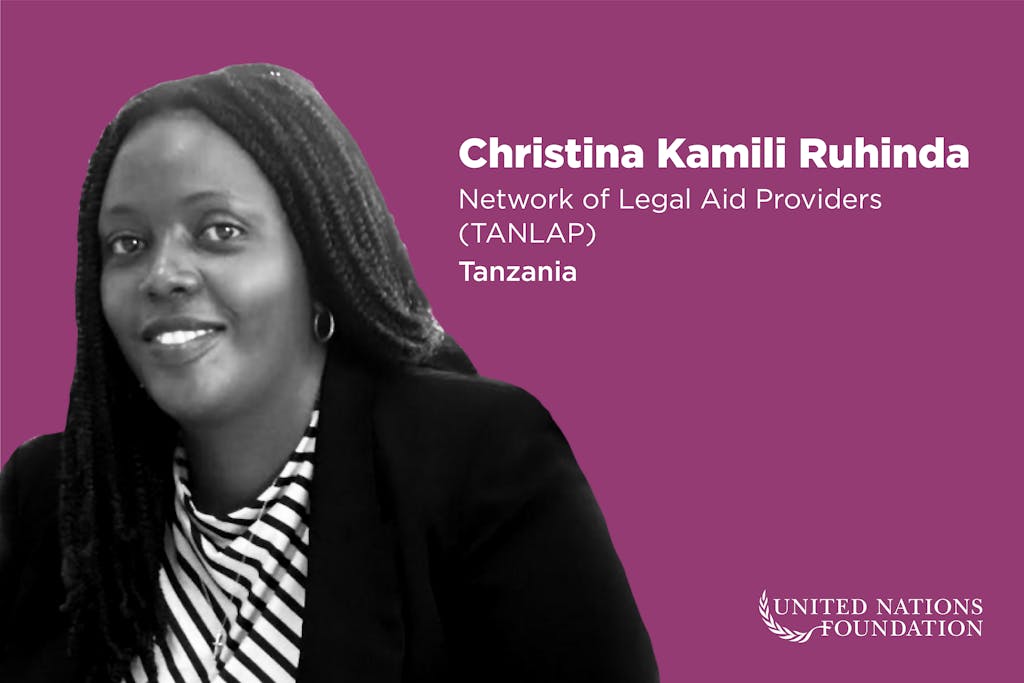
the arithmetic has already been performed. all of us know what it can price to current every particular person with entry to fundamental justice throughout low or center-income economies, however how can we truly make it happen — and maintain it?
Christina Kamili Ruhinda | community of authorized assist suppliers (TANLAP) | Tanzania
i really feel authorities ought to collaborate with donors to make optimistic that that they allocate a price range yearly for people-centered justice. Some governments have started allocating budgets, nonetheless the price range ought to not be enough. we have now to see the price range go to authorized service suppliers as a end result of they’re these who’re primarily based domestically, these who work together extra with the neighborhood. … as quickly as the federal authorities makes justice a precedence and listens to the people about how they should see justice administered, then we’ll have the flexibility to attain a people-centered justice.
Clifford Msiska | African center of Excellence for entry to Justice (ACE-AJ) | Malawi
i’ve one message to donors and companions: if you happen to take a look at Africa, our governments ought to not using taxpayer money to assist important justice. So, what should be performed? we’re conscious that virtually all governments in Africa or in low-income international areas rely on donations or grants. What would assist us, then, is when worldwide development companions or foundations give money to our authorities, a proportion of that money goes to justice.
Kelechi Achinonu | UN basis subsequent period Fellow for Justice | Nigeria
I had a talking engagement yesterday and one factor I spoke about and requested on behalf of youthful people was: What ought to we anticipate [of] foundations on the SDG Summit? It’s not enough to solely give out funding and say, “that is for justice” with out truly having metrics as properly. How do you even know that the people you’re giving money to are actually doing what you’d like them to do? i really feel that going the further mile reveals the extent of curiosity that they’ve in people-centered justice as properly.
Andrews Kananga | authorized assist discussion board (LAF) | Rwanda
It’s true that authorities ought to make investments. That’s for optimistic. a lot of our governments are establishing authorized assist boards and institutions, which is good. And that comes with price range implications. we have now a quantity of initiatives on the African continent. The question now may be, are we truly optimistic that every these initiatives will be funded? How can we make optimistic that we set up these which would possibly be extra impactful, all by way of which you’d possibly make investments? as a end result of I don’t suppose we’d ask all our funders to place money into all the pieces.
for event, village mediation. It’s the system we have now had for the final 18 years, and the federal authorities has tried to place money into neighborhood mediators. This strategy has been evaluated and it’s making an influence. … we’re in a place to see from completely different parts of the continent how people who initially may not entry our court docket, who may not simply bear the traditional justice purposes, are in a place to now entry justice as a end result of of this of initiative.
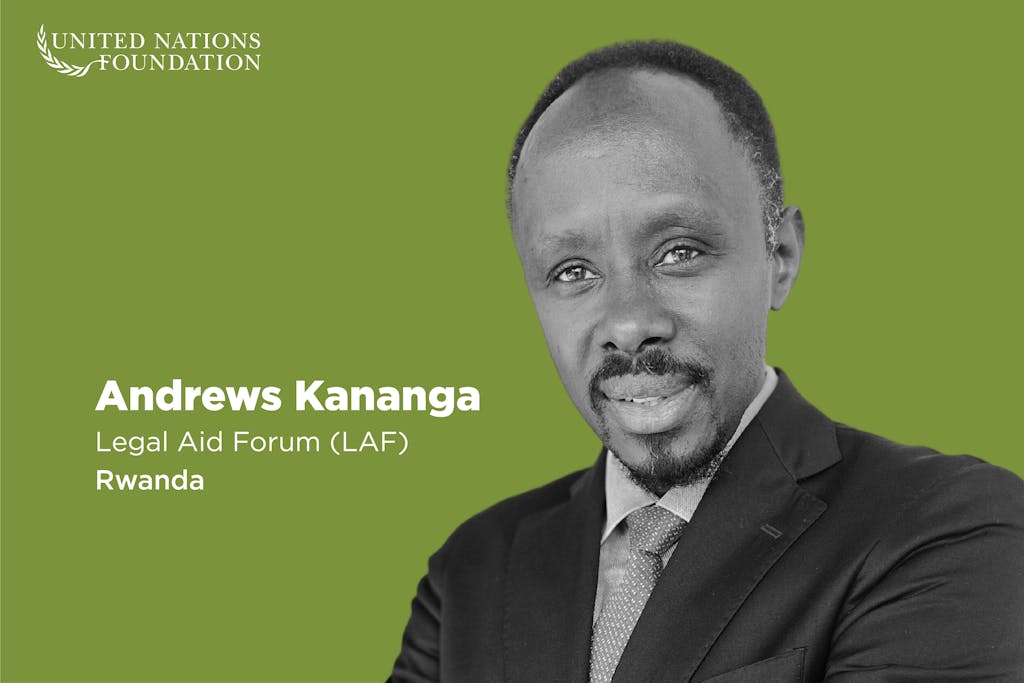
What are the challenges to financing justice, and the methodology can they be met?
Kelechi Achinonu | UN basis subsequent period Fellow for Justice | Nigeria
From my perspective as a teenager, coming and listening to discussions about financing justice, I’m like, okay, why can’t we simply put sources in direction of what’s working already? however I just at present realized that donors don’t primarily finance what’s working as a end result of they don’t even know what’s working.
Andrews Kananga | authorized assist discussion board (LAF) | Rwanda
To be reliable, what we’re lacking is figuring out discover out how to prioritize these factors: which of them ought to we give consideration to? Which one ought to we fund? entry to justice like authorized assist has not been a precedence in some international areas.
therefore, simply a few of the governments have left this to civil society. Even development companions are constrained as a end result of after they arrive to take a place, governments will inform them the place they should take a place. It’s training, it’s infrastructure, hospitals. So, i really feel one among many challenges is the failure to make entry to justice a precedence for our international areas. And so, as a end result of of this, governments give consideration to completely different issues.
i really feel there should be a change of mindset virtually addressing these factors. they’re fundamental human rights factors.
Christina Kamili Ruhinda | community of authorized assist suppliers (TANLAP) | Tanzania
for my half, one other problem to financing justice is a scarcity of coordination and harmonization of efforts. If we have now a method that clearly tracks this, and if we harmonize justice efforts to make at the least these current initiatives sustainable in communities, then that is when the funding case for justice will be clear.
Clifford Msiska | African center of Excellence for entry to Justice (ACE-AJ) | Malawi
we’ll proceed to battle to get hold of money for entry to justice. as a end result of for my half, our leaders nonetheless take a look at entry to justice as a side difficulty. I really feel that it’s extreme time we linked entry to justice to development. If we’re in a place to obtain doing that, then the event companions or funders can say, “maintain on, i really feel that is the relevant time and we have now to place money in direction of entry to justice.” in any other case, it can stay a problem for a whereas.
This dialog was edited for brevity and readability.
The United Nations basis’s work with the African center of Excellence for entry to Justice (ACE-AJ) is made attainable with assist from the Mott basis.

